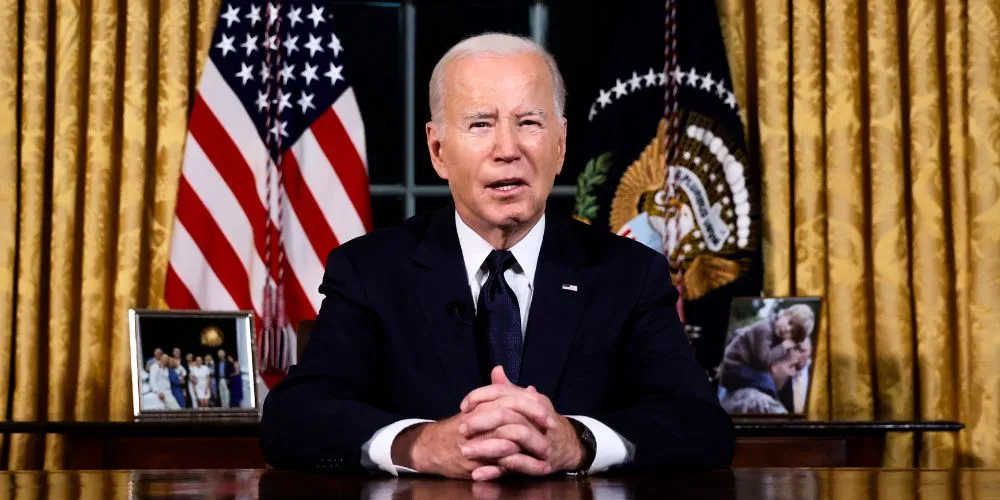Key Points
- Nvidia opposes the Biden administration’s reported AI chip export restrictions that limit AI chip access for adversaries, particularly China.
- Critics warn it could harm the U.S. economy and global technological leadership.
- Industry representatives argue it imposes arbitrary constraints on U.S. tech firms.
- The policy risks driving nations toward alternative technologies.
Nvidia strongly opposes reports of the Biden administration’s proposed restrictions on AI chip exports, urging the outgoing president to refrain from implementing a last-minute policy. Ned Finkle, Nvidia’s Vice President, stated that such measures would harm the U.S. economy, undermine technological leadership, and benefit adversaries. He suggested President Biden avoid making decisions that could preempt Donald Trump’s incoming administration.
The U.S. Commerce Department is reportedly developing export regulations to limit access to advanced AI chips and prevent their misuse, particularly by nations like China. The primary objective of these restrictions is to curb adversarial nations’ potential enhancement of military capabilities through advanced AI technology. However, according to Bloomberg News, the new policy could restrict the computing power exported to numerous countries.
Finkle criticized the initiative, labeling it as an “anti-China move” in disguise. He warned that the policy’s sweeping country caps could disrupt global computing systems and drive nations toward alternative technologies. Nvidia also cautioned that this decision could leave a controversial legacy for the Biden administration, attracting criticism from U.S. industries and the global community.
The Information Technology Industry Council, representing major tech companies like Amazon, Microsoft, and Meta, echoed Nvidia’s concerns. The council argued that the proposed rule imposes arbitrary constraints on U.S. companies, potentially pushing the global market toward competitors and reducing American influence in advanced computing technologies.
The Biden administration has not commented on the matter, and the White House and Commerce Department remain silent amid increasing industry backlash. This development comes as President-elect Donald Trump prepares to begin his second term in office on January 20. Trump had previously imposed restrictions on U.S. technology exports to China, citing national security.




